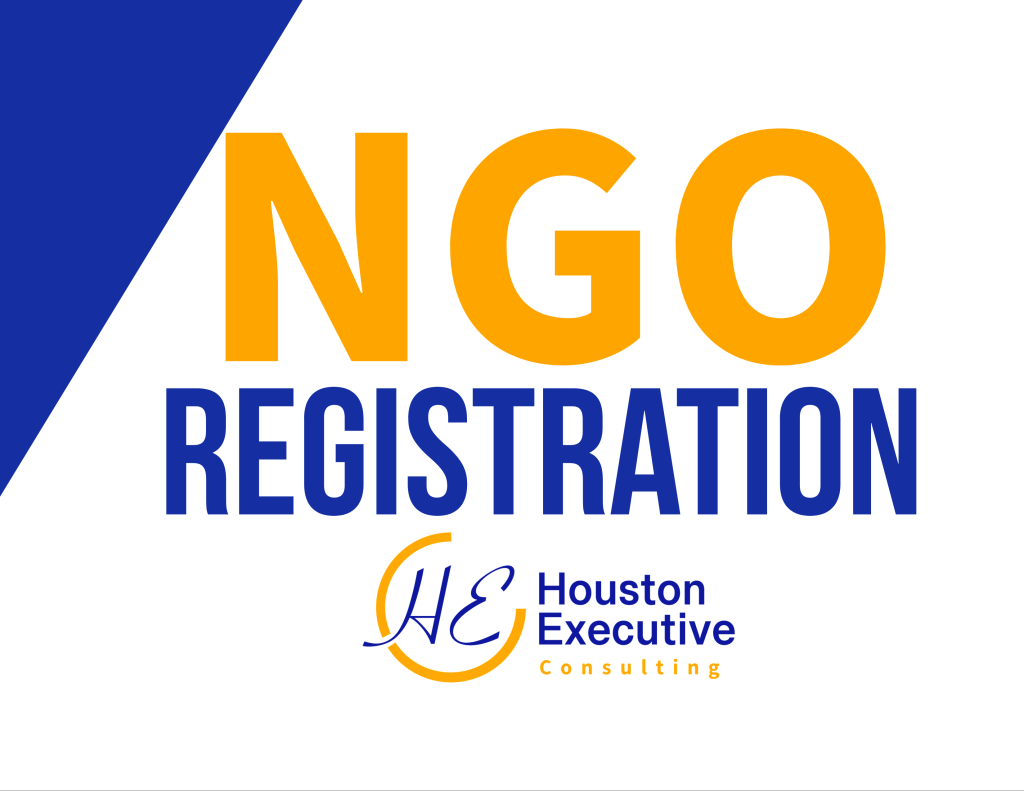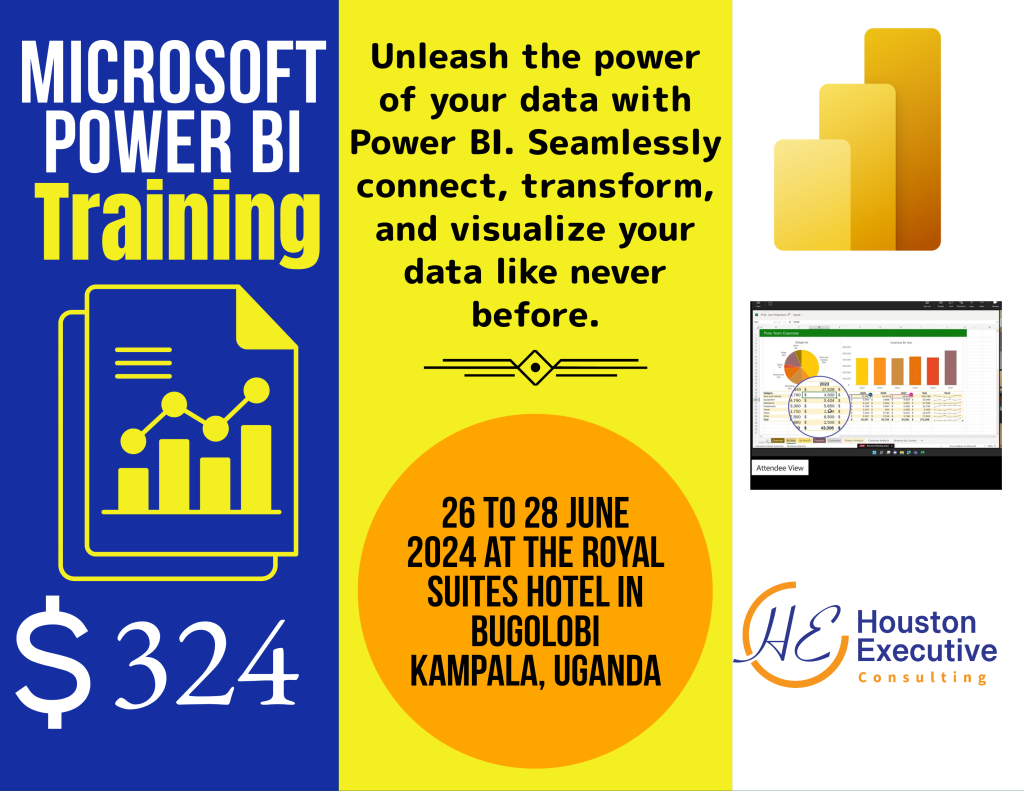Four Steps of Developing a Financial Plan to Achieve Your Goals
A goal without a plan is as simple as making a wish and just like you know if wishes were horses, even beggars would ride. It is important for you to make plans to achieve your financial goals.
My young friend Tim is 26 years and has just graduated with a bachelor of information technology degree. He is currently working as a back-office IT engineer at a government citizen resource center.
He is engaged to his fiancée Mary. He has recently enrolled for his post graduate diploma in cloud computing. His dream a director of his own company which he hopes to open with his alumnus Peter.
Tim has recently visited his mother and found out that she needed help with fixing her kitchen roof which was blown off by a heavy storm that ravaged their small town. His fiend Jack is also celebrating a birthday next month. He needs a gift for that event. Mary his fiancée always been convincing him to buy land and they start to build a house for their young family after marriage.
Tim is also an extrovert and likes to party with friends. He is known for his generosity with sponsoring drinks for his friends every time they go out. Because of his spending habits, he has some financial troubles because he tends to spend compulsively. He has recently got into serious debts including rent arrears, rent arrears, credit card debt and small loans from friends.
To those that are like my friend Tim it is time to get out of this trap. You must deliberately undergo behavioral change. He needs to be financially literate and start to plan expenses and build financial security, and curb his excessive use of credit. Planning is everything both in business and personal life.
There is a popular saying that ‘if you fail to plan, you plan to fail” you must have a savings plan. This is a tool that will help you to put some order in your goals, define timelines for those goals and to calculate how much you need to save to achieve those goals.
You can start by following four steps of developing a financial plan:
Set Goals
You need to first identify which goals you want to achieve in life. Those goals can be short term or long term. They can be for you personally, for your family or for your business. Your goals must be stated clearly and logical.
They should also be financially quantifiable. Remember those goal can evolve over time and you can change their order as your priorities change. Clear goals are much easier to articulate and to achieve.
We are all excited to achieve a lot from life and that’s why setting goals helps us to be organized of what to begin with and what to do next.
Assess Goals’ Cost
This is a very useful step because it is at this point that you assess how much money you need to achieve your goal. If you want to buy a car, you must find out the cost.
You can find this information by visiting shops, or by talking to experts, friends, family members and doing an internet search on google, Microsoft bing, and yahoo. Remember to consider the possible price fluctuations and inflation since prices also evolve over time.
Set Priorities
Once you have set your goals and assessed how much each one will cost you, it is possible that the figure is quite big. You will notice how you need a lot of money that you do not have at the moment. You have to make tough choices about what to do now and what to consider for a later date. You need to prioritize your goals.
Setting priorities will enable you to achieve each of your goals on time. It is important to set these priorities in consultation with your family members, business partners or any other person that may be involved in your goals.
Make A Savings Plan
Having set your goals, assessed their cost and decided the order of priority. It is time to calculate how much you will have to set aside every month to achieve your goals. Saving is income not spent, or deferred consumption.
It involves putting money aside in, for example, a deposit account, a pension account, an investment fund, or as cash. For example, the money requires to buy a car may be $10,000. If you plan to buy this car in 2 years, you will divide the amount by 24. This will give you approximately $ 417 which you will need to save every month if you are to achieve your goal.
Conclusion
You need to create a financial plan as a document containing your current money situation and long-term monetary goals, as well as strategies to achieve those goals. Financial goals are the long-term, short-term and intermediate goals that form the basis of your financial plan. The best financial goals should be able to align with your values and personal and professional objectives.
More Useful Web Resources
Financial Literacy Training – An Urgent Need for All Workplaces
Money Lenders in Uganda – How to Start the Moneylending Busines Right












